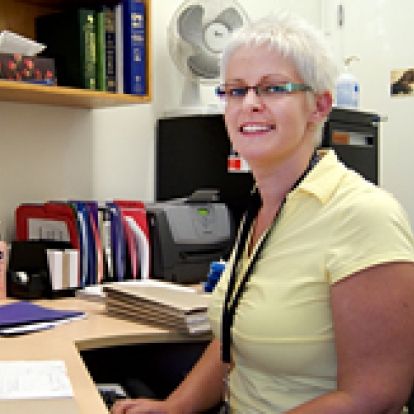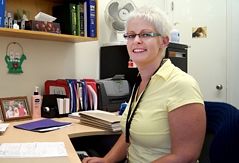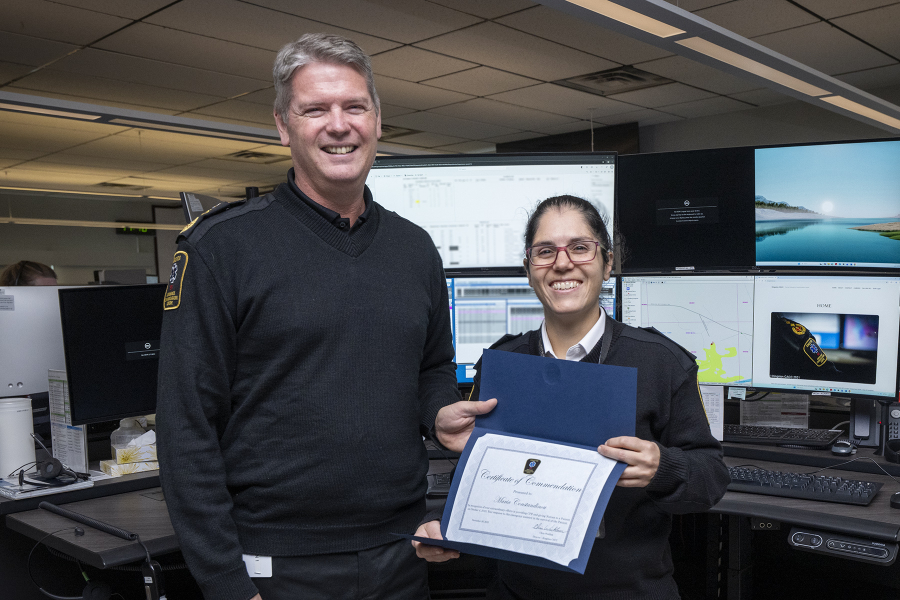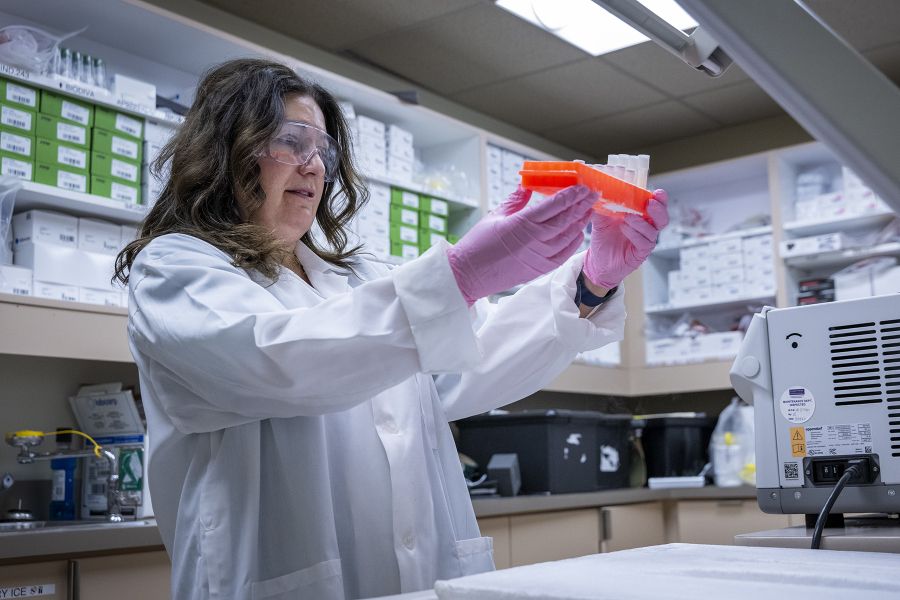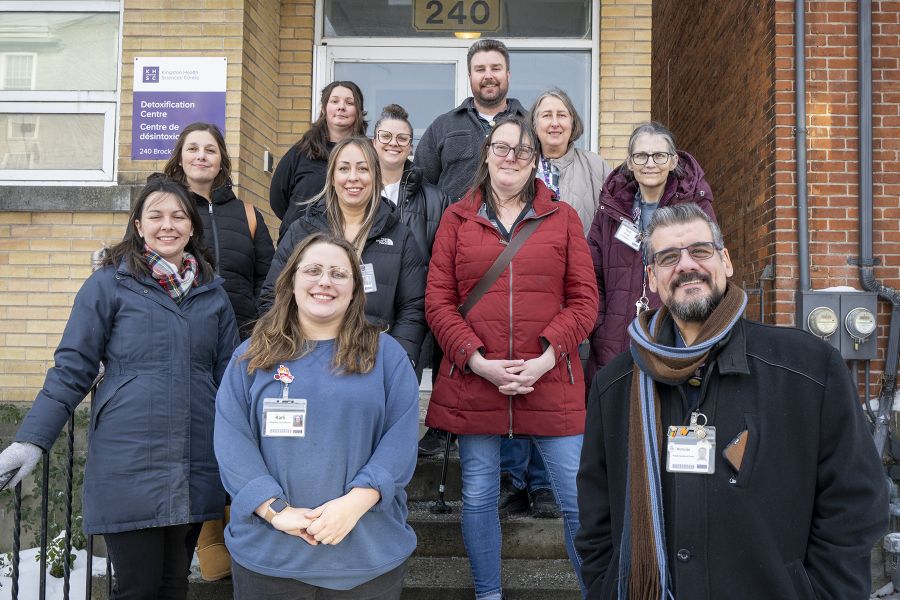Effective immediately masking is required for everyone when present on all inpatient units, in the Emergency Department (ED), the Urgent Care Centre (UCC), and the Children’s Outpatient Centre (COPC).
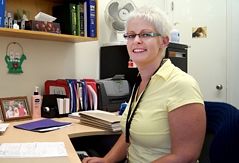
Formed in February 2010, the Patient and Family Advisory Council is made up of 27 former patients or family members of patients who come to the table with their own stories, their families' stories, wanting to work with KGH to improve the patient experience. They drive and guide change as part of the hospital's goal of engaging patients in all aspects of our quality, safety and service improvement initiatives. Their opinions are invaluable and are incorporated in all new and existing patient-centred initiatives. They are drawn into the planning and decision-making process.
Stephanie Pilszak, an administrative Assistant in the Pediatric GI department, has seen KGH from many angles.
She works at KGH but she's also been a patient here, as have several of her close family members. In that capacity, she's had what he says were some very good experiences and some very bad ones.
Add it all together, and she says she feels she has a lot to give as a Patient Experience Advisor (PEA).
It's just nice to be able to help people working here to recognize how a patient might look at something, or how a patient might feel about a decision being made that will undoubtedly affect their care in one way or another, she says.
Pilszak has signed up for an important hospital committee. She's on the Medicine Program Council and attends all its meetings. She's also been involved with some interviews for staffing positions in the medicine program.
ìI was there to represent all patients, so I asked the candidates about patient and family centred care. Some of them were a bit surprised I think, but in the end it was very well received, she says.
Daryl Bell says volunteers like Pilszak are turning out to be a valuable resource all over the hospital.
As of this week we have 27 Patient Experience Advisors at KGH, says Bell, the Lead of our Patient and Family Centred Care Initiative. Our original target for this year was 15.
And they are doing a range of volunteer work. Many of them are now sitting on long-term committees, such as program councils. Others are on short-term committees, such as working groups, and a few are helping regularly with presentations, like new staff orientations.
At first we had to really work to get PEAs on committees but now I have committees coming to me saying they really need a PEA as soon as possible. It's been a wonderful flip, says Bell.
Just how many PEAs we might need as the program evolves is still a mystery.
The Medical College of Georgia for example has 300 of them contributing to their decision-making every year. Could KGH use that many?
When I first heard 300, I thought what could all those advisors be doing? But now that I see it in action here, I can see we could really do that too,î says Bell.
Bell also says he's regularly fielding calls from other hospitals in Canada and even one in the U.S., wondering how the KGH program got off the ground so fast.
We talked to North York General and they were marvelling at the number of PEAs we have and that they are even sitting on Board committees, such as the Quality and Safety Committee, says Bell. I told them we jumped in with both feet as we knew we had to meet our strategic direction of transforming the patient experience and there was no time to lose.

